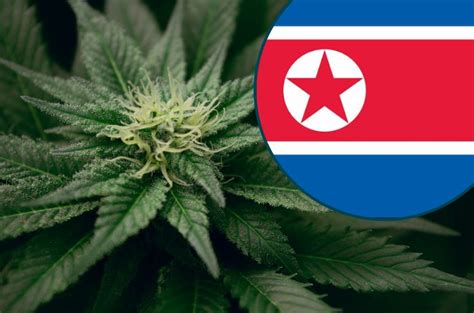The Democratic People’s Republic of Korea (DPRK or North Korea) is an authoritarian state under the Kim family’s leadership since 1949. Following Kim Jong Il’s death in 2011, his son, Kim Jong Un, ascended as marshal of the country and supreme commander of the Korean People’s Army. His extensive titles include chairman of the Central Military Commission. This transition underscores the continued dynastic rule that defines North Korean governance.
According to Freedom in the World 2021: North Korea, small-scale local markets often face corruption, with police officers extorting bribes from vendors. In the context of labor rights, North Korea lacks a legal minimum wage system, and there is a scarcity of reliable data on wages in state-owned enterprises.
The religious freedom situation in North Korea is alarming. The United States Commission on International Religious Freedom (USCIRF) highlights numerous instances of religious persecution, including reports from the Database Center for North Korean Human Rights (NKDB). NKDB’s data, sourced from defectors and other information, reveals over 1,400 cases of religious persecution, including killings and disappearances.
Regarding drug control, South Korea faces challenges with the increasing smuggling and usage of psychotropic and stimulant drugs. The number of drug-related offenses has risen, with a notable increase in cases involving adolescents. In contrast, North Korea’s stance on drugs remains unclear, with limited information available on its drug policies and practices.
South Korea’s import regulations are stringent, with prohibitions on items like guns, narcotics, pornography, and counterfeit goods. More details can be found at the Bureau of Industry and Security website, which provides comprehensive information on export controls to the Republic of Korea.

For further insights into North Korea’s legal framework and governance, the Library of Congress Guide to Law Online offers an annotated collection of resources and legal materials. Additionally, for those traveling to North Korea, it’s essential to consult the State Department’s travel website for advisories and information.